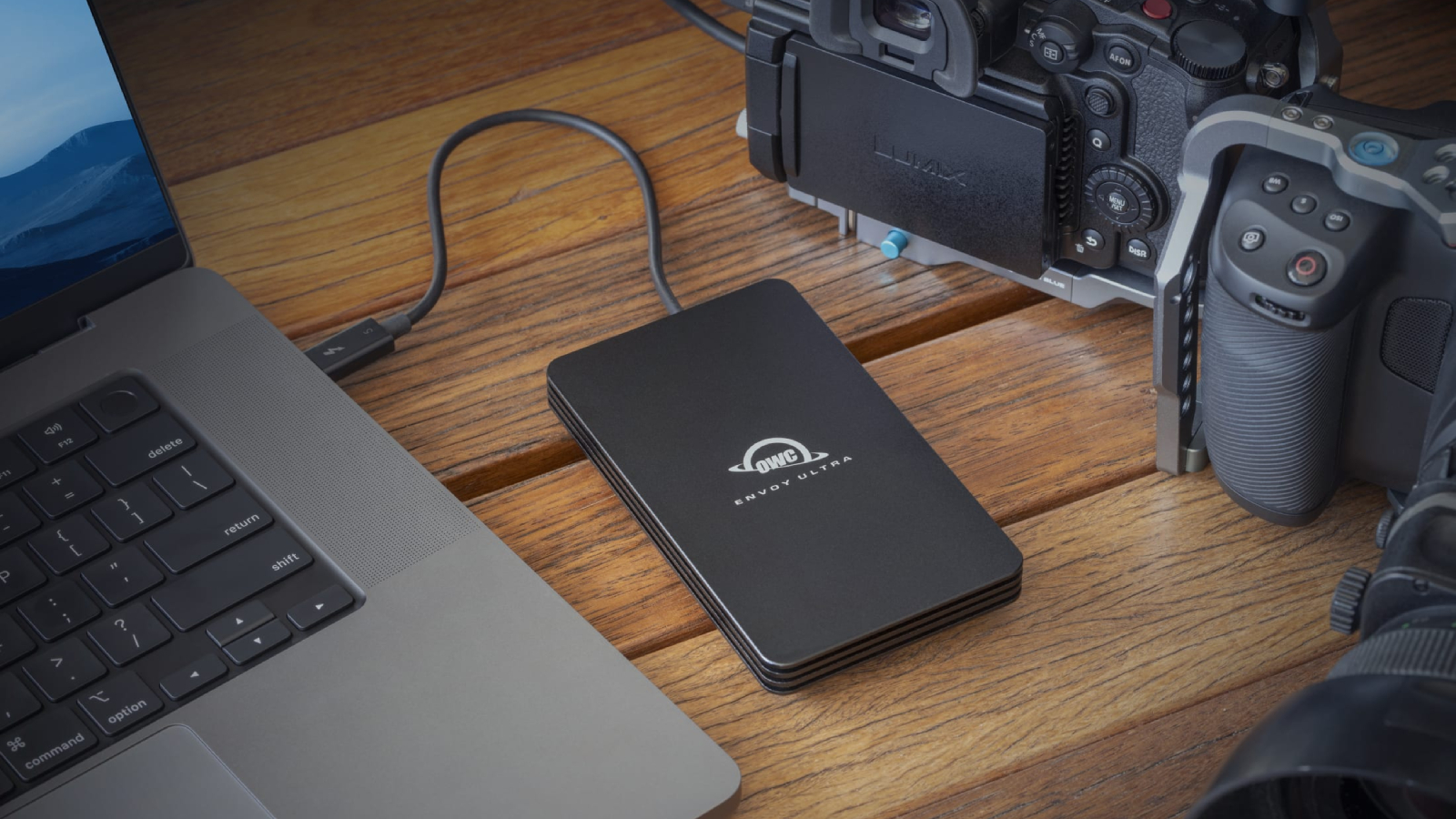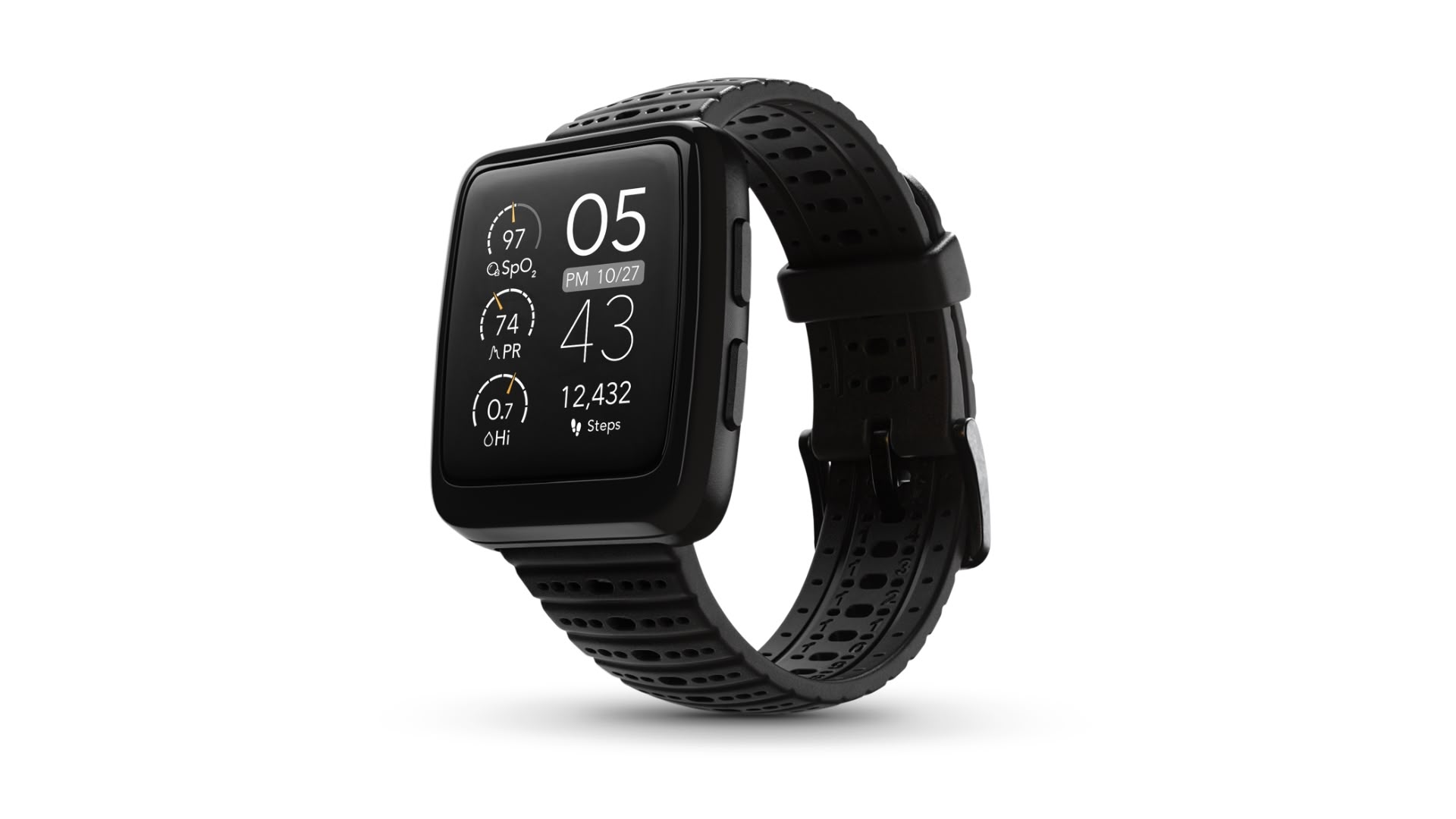Twitter will not allow posts with photos, videos of private individuals without consent
After appointing Parag Agrawal as the new Twitter CEO, the microblogging site on Tuesday made a new update to its personal information security policy not to allow others to share photos or videos of private individuals without their consent. According to Twitter, the purpose behind this update is to make its anti-harassment policies more robust.
Twitter new privacy policies
Under the new rules, people who are not public figures can ask Twitter to remove photos or videos that have been posted without their consent. Twitter said the policy does not apply to “public figures or individuals when the media shares their tweets in the public interest.” It also includes threatening to reveal personal information or encouraging others to do so.
To vote for more categories, click here.
“Sharing personal media, such as images or videos, can potentially violate a person’s privacy and may lead to emotional or physical harm,” Twitter said in a blog post on Tuesday.
Additionally, it also includes threatening to reveal personal information or encouraging others to do so. The social media firm has already prohibited users from sharing personal information of others such as their address or location, identification documents, non-public contact information, financial information, or medical data. It does not mean that a photo or video will require the consent of all individuals before posting on Twitter, but the platform will ban it if someone wants to remove them.
Beginning today, we will not allow the sharing of private media, such as images or videos of private individuals without their consent. Publishing people’s private info is also prohibited under the policy, as is threatening or incentivizing others to do so.https://t.co/7EXvXdwegG
— Twitter Safety (@TwitterSafety) November 30, 2021
The company further mentioned, “The misuse of private media can affect everyone, but can have a disproportionate effect on women, activists, dissidents, and members of minority communities.”
The policy takes effect immediately, Twitter said.
Here is the list of things you can’t share under Twitter’s privacy violation.
Home address or physical location information
Government-issued documents
National identity numbers
Contact information
Email information
Bank account and credit card details
Biometric data or medical records
Twitter then again mentions the behavior that is not acceptable under its privacy policies. These behaviors are-
Threatening to expose someone’s private information publicly.
Sharing information that can be hacked or gain access to someone’s private information
Asking for bounty or financial rewards in exchange for posting private information
Asking for bounty or financial reward for not posting someone’s private information, sometimes considered blackmail.
Twitter co-founder Jack Dorsey has stepped down as the company’s chief executive officer (CEO). Indian-origin officer Parag Agarwal replaced Jack Dorsey. An IIT-Bombay and Stanford University alumnus, Agarwal has been working at Twitter since 2011 and has been the company’s CTO since 2017.
The post Twitter will not allow posts with photos, videos of private individuals without consent appeared first on BGR India.




